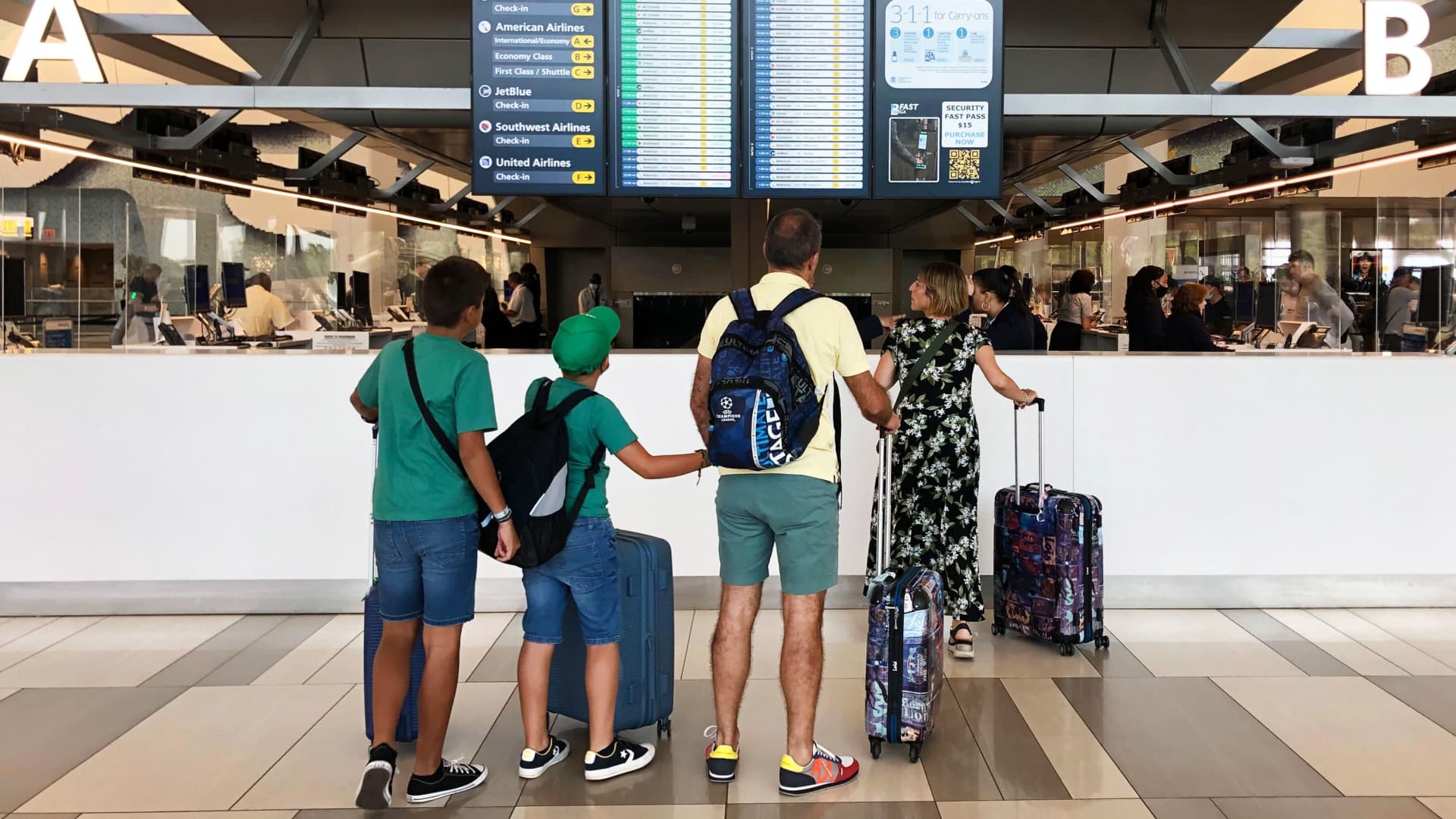
How to get better customer service from travel companies
[ad_1]
So what can you do to get better customer service? Travelers and travel experts say you have to double down on proven strategies such as persistence, politeness and patience. But amid the pandemic, some things have changed.
For starters, staffing shortages related to the Great Resignation have gutted many customer service departments. If you have a problem, chances are you’ll be talking to a bot — if you can even get through to one. User-generated reviews can help customers identify companies whose customer service has taken a hit. But there are other ways.
“Travelers should look for companies that offer round-the-clock assistance and a way to reach key information, even when human support agents might not be available,” says Sourabh Gupta, co-founder and chief executive of Skit.ai, a developer of artificial-intelligence-driven voice technology. You can tell your travel company has this by looking for a “contact us” feature on its site that offers 24/7 phone, chat and email support.
Because there are fewer agents available to help, it’s important that you reach out to the right person. Lorena Kurtjian Hernandez, a senior director at Medallia, a developer of customer feedback management software, says calling a company’s main service line is a mistake. Chances are you’ll just end up in phone tree limbo.
“Instead, carefully review the travel company’s website to find contact information for the specific issue you need assistance with,” Hernandez says. “You are much more likely to get help from the right person at the right department if you’re very specific about the type of assistance you need.”
There are lots of ways to communicate with a company, and it pays to be conversant with them all. When you’re traveling, experts say, you have to think outside the complaint box. Consider what happened to Chris Michaels, a website editor who lives outside Chicago, when he stayed at a DoubleTree near Houston recently. When his family ordered breakfast at the hotel restaurant, it took more than an hour to arrive, and it was cold. The server “barely” apologized, he said, then handed him a $60 check.
“We walked past the front desk several times to discuss the experience, but there was a long line every time,” he says. So he contacted the hotel through the Hilton app. “That evening, the hotel manager texted me, called my room and called my mobile phone to apologize and remove the charge from my bill,” Michaels says.
It’s always helpful to be friendly. This has been a long and stressful summer for travel, and your good manners will take you a long way when you’re trying to get better customer service. “I recommend that both customers and service representatives be as friendly as possible,” says Dan Skilken, president of TripInsurance.com. “The more positive that experience is, the better the outcome.”
He’s right. I’ve seen that in my own consumer advocacy practice, too. Threatening emails that say, “I’ll never do business with you again,” or, “I’m going to sue you,” are far likelier to be ignored. But friendly requests for help receive almost immediate attention. Don’t be overly informal, by which I mean go easy on the emoji. But a little niceness can take you a long way — especially now.
Companies know that customer service is going to be a challenge as travel returns to pre-pandemic levels. How they meet that challenge may determine their success or failure. Consider what furnished apartment rental company Blueground did to ramp up for summer. Blueground has always provided a fully digitized experience, communicating with guests through its app, which allows customers to quickly get in touch during their stays. But the company was cautious about over-automating, so now it makes sure a human, not a bot, answers every contact.
“We also empowered our support teams to make quick decisions,” says Nessy Ismet, Blueground’s director of client experience. “That enabled a human-to-human experience for every guest.”
The situation isn’t hopeless. Suzanne Hodes, a retired small-business owner from Weston, Fla., recently visited Rome with her husband. She says the city is still in “welcome back mode.”
“Few restaurants are including service fees or gratuities,” she says. “They are leaving it up to the guest to do the right thing.” Her takeaway? Maybe — just maybe — the hospitality industry sees its happy customers and wants them to stay that way.
Potential travelers should take local and national public health directives regarding the pandemic into consideration before planning any trips. Travel health notice information can be found on the Centers for Disease Control and Prevention’s interactive map showing travel recommendations by destination and the CDC’s travel health notice webpage.
[ad_2]
Source link


